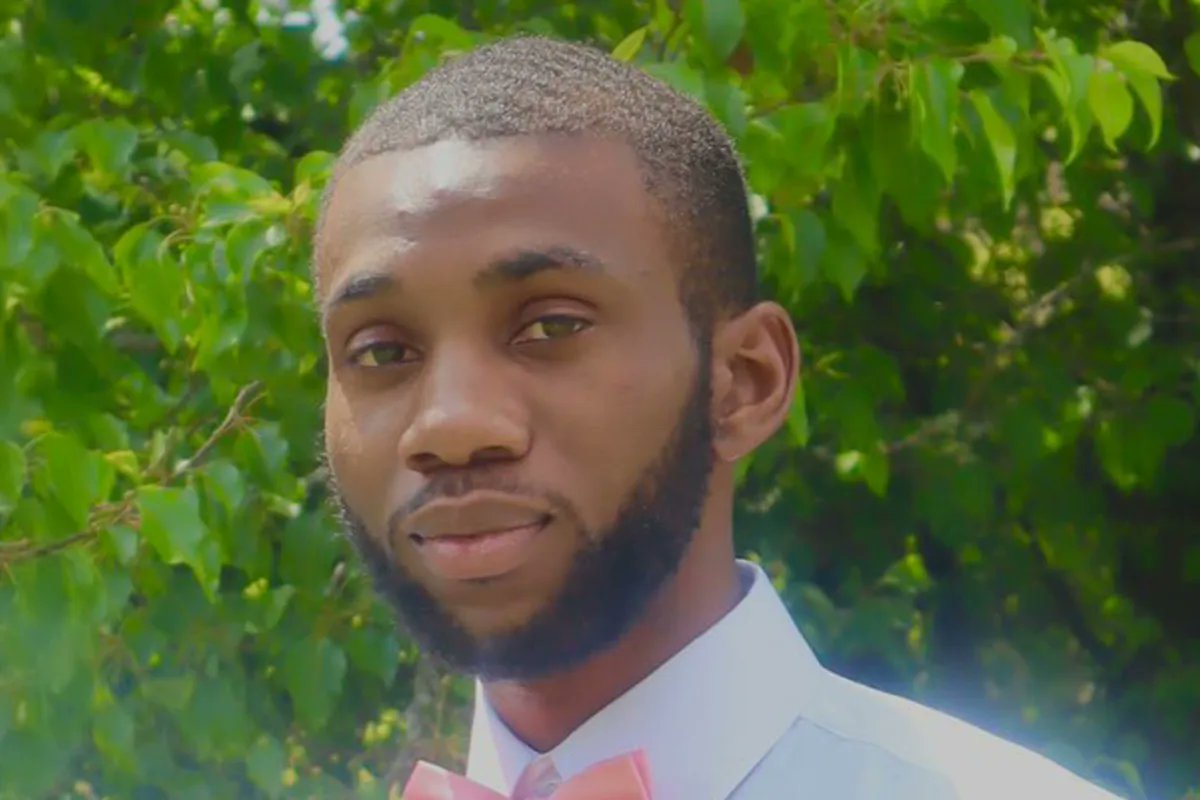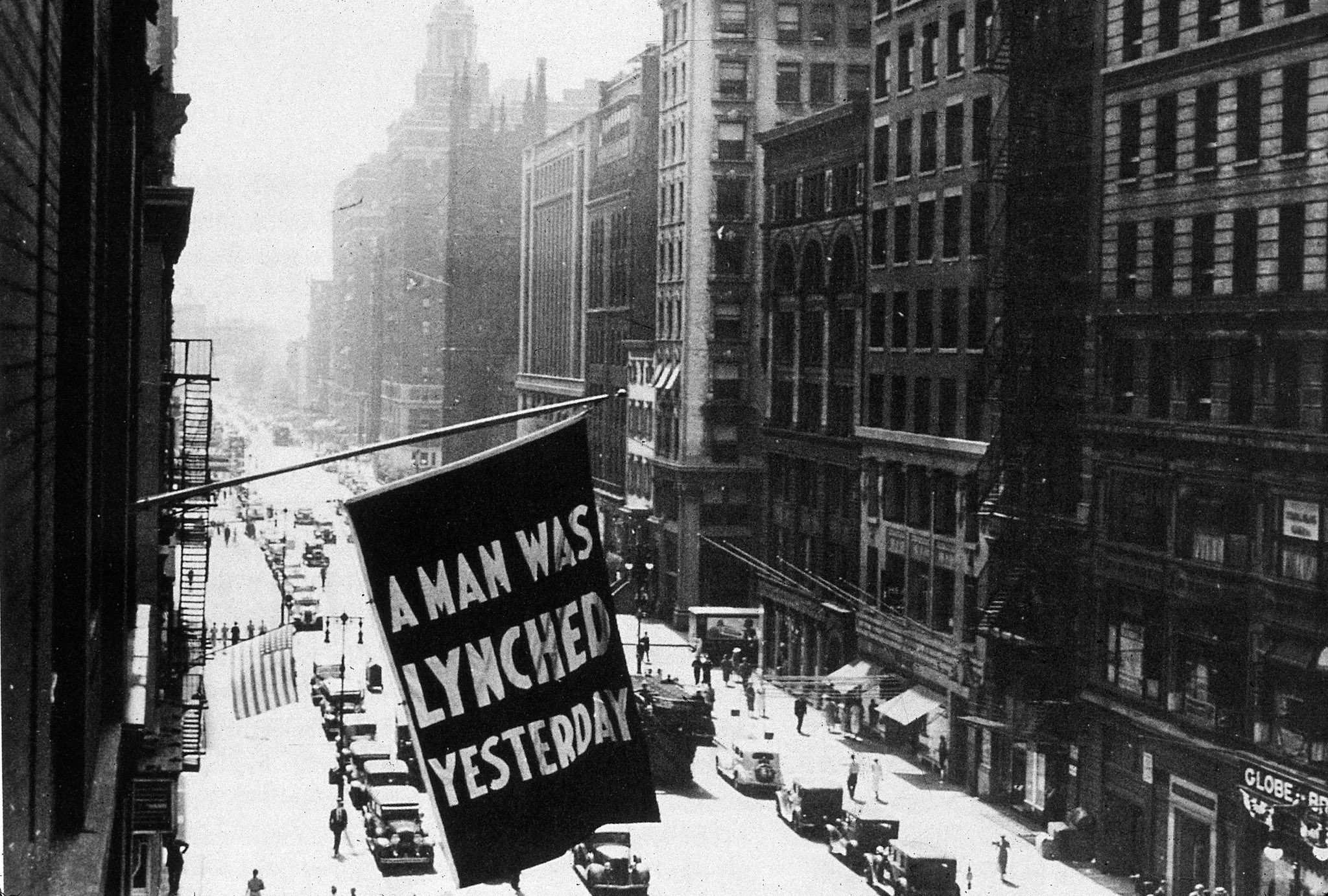Cory Spears, The Strangest Angel, Delivers Explosive Critique in Cleveland, Mississippi: Allegations of Cover-Up and Racial Deception Rock the Delta

Cleveland, Mississippi, September 19, 2025 – The quiet morning air of Cleveland, Mississippi, was pierced today by the resonant voice of Cory Spears, known to many as "The Strangest Angel." Adorned in his signature blue and yellow face paint, a symbolic tapestry of divine metaphor and raw, unvarnished truth, Spears emerged not as a cryptic prophet, but as a direct accuser and voice for Demartravion Reed, delivering a message so potent and unequivocal it sent ripples through the small Delta community and beyond.

His impassioned address, steeped in symbolic language yet starkly clear in its condemnation, pointed an accusatory finger directly at the highest echelons of Mississippi authority, alleging a cover-up surrounding a recent death and warning of dark forces manipulating racial tensions.
Spears, often seen as a modern-day oracle speaking for the unheard, began his powerful discourse by immediately setting a historical precedent. "From the end of the Civil War until the Civil Rights Movement," he intoned, his voice echoing across the gathering crowd, "Mississippi was the state with the highest number of lynchings in the nation.
White mobs used racial terror lynchings as a tool to enforce white supremacy and control the Black population in the social, political, and economic spheres. The state's history of lynching had profound and long-lasting effects that are still felt today." This chilling historical backdrop, a factually dense account of unimaginable brutality, was not merely a historical interlude but the very foundation upon which Spears built his contemporary critique.
He recounted the staggering figures, painting a grim picture of Mississippi's past: "Between 1877 and 1950, Mississippi recorded over 580 lynchings, more than any other state in the country.
Other sources indicate even higher figures, with the Equal Justice Initiative documenting 655 lynchings in Mississippi between 1877 and 1950. The actual number is believed to be underreported because lynchings were extrajudicial murders and not officially tracked." Spears emphasized the systemic nature of this terror, noting that Mississippi also led the nation in categories such as most multiple lynchings, most female victims, and most victims taken from police custody.
The very institutions designed to uphold justice, he reminded his audience, were often complicit. "Local law enforcement and the justice system were often complicit in lynchings. Sheriffs and police officers would stand aside, or actively participate, as mobs seized victims from jails and courtrooms.
This complicity meant that few, if any, mob participants were ever convicted."Against this backdrop of historical racial terror, Spears transitioned to the immediate concern that brought him to Cleveland. He highlighted his recent meetings with Governor Tate Reeves, Delta State University President Dan Ennis, and university police chief Michael Peeler.
These officials, during a news conference on September 15th, had stated there was no evidence of foul play in the incident (implicitly, the death of Mr. Reed, though not explicitly named in the official statements). Peeler had gone on record calling the death an "isolated incident" and assuring the public there was "no active threat to students or faculty," with multiple law enforcement agencies assisting in the probe.But Spears vehemently rejected this narrative.
His voice, typically infused with abstract beauty, sharpened into a surgical instrument of doubt. "After talking with the governor, president, and police chief," Spears declared, his blue and yellow gaze fixed upon the crowd, "my conclusion is Mississippi is hiding something. What is put out from Mississippi authorities doesn't make sense, nor does the story of suicide."This rejection, Spears argued, was not merely an emotional outcry but a deeply informed understanding of Mississippi's racial dynamics.
"A person of color, especially someone from Mississippi, would never do such a thing given the history and ties to lynching all people of color have," he stated with conviction. For Spears, the very idea of suicide for a Black individual, particularly in a state burdened by such a history, becomes functionally impossible in the context of the racial terror that defines its past. The psychological and historical trauma associated with Black lives being extinguished, often unjustly and violently, makes the official explanation ring hollow to anyone attuned to the lived experience of Black Mississippians.
Spears then pulled back the curtain on what he perceived as a more sinister reality. "There are dark forces at play," he asserted, drawing a direct line to contemporary political currents. "Under Trump, you see racially charged violence and killing because they are emboldened by Trump's dangerous rhetoric. This is political and a a stage to start a race war."
This provocative claim situates the local incident within a broader national and even international context, suggesting that seemingly isolated events are part of a larger, coordinated effort to inflame racial tensions for political gain. It speaks to a global rise in extremist ideologies being fueled by divisive leadership, a phenomenon not unique to the American South but starkly visible here.
The core of Spears' call for deeper scrutiny lay in a series of pointed, unanswered questions that he believes expose fundamental flaws in the official narrative. "The key questions are," he challenged, his voice rising in intensity, "where is the ladder? Is Mr. Reed a tree climber? What was he doing the hours before? And why is there no surveillance video on a college campus?" Spears stated unequivocally, "People are not asking the right questions."
These are not abstract queries but concrete demands for evidence and transparency, highlighting what he perceives as glaring omissions in the official investigation.
The legacy of Mississippi's lynching era, as Spears meticulously detailed, continues to cast a long shadow, informing his profound skepticism. He reminded the crowd of the lasting consequences:
- Galvanized the Civil Rights Movement: "The 1955 murder of 14-year-old Emmett Till in Mississippi, and the subsequent acquittal of his murderers, was a pivotal event that drew national attention and helped to energize the Civil Rights Movement."
- Triggered the Great Migration: "The constant threat of racial violence, including lynching, was a major factor in driving millions of Black Americans to flee the South for cities in the North and West between 1910 and 1970."
- Generational Trauma: "The trauma of witnessing and living under the constant threat of lynching left deep emotional and psychological scars on Black communities that persist today."
- Economic Inequality: "A 2024 study showed a link between a county's history of high lynching rates and lower economic prospects and upward mobility for Black residents today. The violence systematically destroyed wealth and educational opportunities for generations."
- Lower Life Expectancy: "Research published in 2021 found that counties with a high history of lynching have lower average life expectancies for their residents today."
By intertwining the historical facts of Mississippi's racial terror with his contemporary allegations, Cory Spears positions himself not just as a performance artist, but as a critical voice of the people, demanding accountability and truth from those in power.
His message, though delivered with characteristic theatricality, was devoid of ambiguity today. It was a direct challenge to the official narrative, a stark reminder that the past is never truly past, and that for many in places like Mississippi, the struggle for racial justice remains a daily, often perilous, reality.
As "The Strangest Angel" concluded his report, the silence that followed was heavy, laden with the weight of history and the urgency of the present. His accusations, however controversial, resonate deeply within a community that has witnessed its share of injustice.
For an international audience looking at the complex tapestry of global human rights and the persistent scars of history, Spears' impassioned plea serves as a potent reminder that the fight for transparency, racial equality, and truth is a universal one, and that sometimes, the most profound revelations come from the most unexpected of angels.
The question now remains: will Mississippi authorities address the questions, historical echoes, and powerful allegations brought forth by Cory Spears, or will the silence of the Delta continue to shroud uncomfortable truths?

